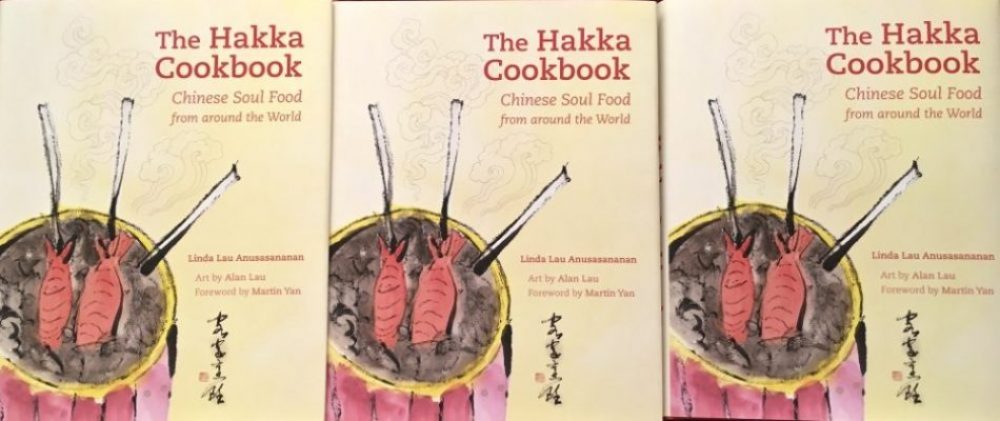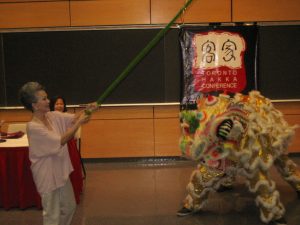Growing up in a small primarily all-white town, I never felt like I belonged to a Chinese community. I didn’t know any other Chinese besides a few relatives. I understood some Hakka but never was very fluent.
Even when I moved to the San Francisco Bay Area where lots of Chinese lived, I never identified with any specific Chinese community. I rarely met any Hakka. Most Chinese spoke Cantonese or Mandarin, which I tried studying, but never really mastered. The only language that spoke to me was the food. I grew up eating Chinese food and it was always my go-to comfort food.
It wasn’t until I went to Toronto that I felt I belonged to a Chinese community. There I met Hakka who had migrated from all over the world. They were like me. We had a shared history of migration. Many didn’t speak or write Chinese but we could communicate in English.
When I went to my first Toronto Hakka Conference in 2008, I had never seen so many Hakka gathered in one place. Finally, I found my Hakka community. At the most recent 2016 Toronto Hakka Conference, I recognized people I had met on previous trips. I also met new people who were also searching for their cultural identity through food, through their ancestry, and through the conference. One of the greatest benefits of the Toronto Hakka Conference is connecting with Hakka from all over the world. This year some attendees came as far as India, Portugal, Australia, Hong Kong, Jamaica, and Mauritius. The majority of the attendees live locally because the greater Toronto area is home to many Hakka.
For me the conference celebrates being part of the Hakka community.

